When thinking of getting a pet, people usually opt for feline species. It is because cats are pretty low maintenance compared to dogs that demand mutual affection and camaraderie to adjust. Cats are the kind of animals that quickly adapt to their current living situation. However, every cat is different from another.
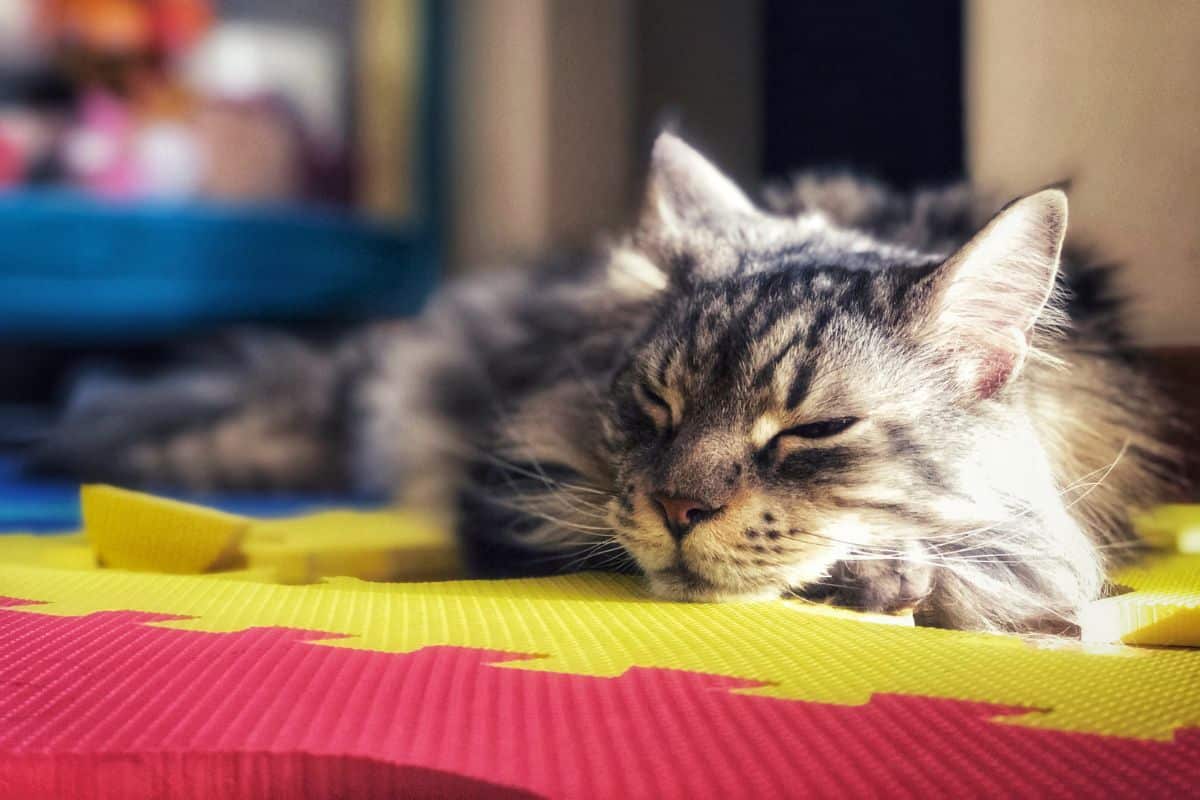
While some cats are indoor lovers, others are comfortable basking under the warm sun. So the way a cat might behave either depends on its past experiences, or it could be inherited. They are fluffy little creatures that one cannot resist but cuddle and adore. We eventually get used to their playful antics and throaty purrs and consider them an essential part of the family.
Sadly, this precious time only lasts for a couple of years. Cats generally have a short life expectancy of about 12-18 years. This is the maximum time a cat could live, while some don't even survive this much. In addition, cats are pretty good at concealing their illness or wounds. It is because it's built-in in their personality not to appear soft no matter how unfavorable the conditions are.
One would consider such survival instincts a remarkable example of Darwin's theory of survival of the fittest. However, it would only work in the jungle to not appear weak in front of the predators. In real life, where they are being taken care of as a pet, it could be challenging to notice symptoms of an illness in cats. Therefore one needs to be vigilant in terms of pets' health and see a sudden change in their behavior.
Jump to:
Signs That Tell You Your Cat Is Suffering
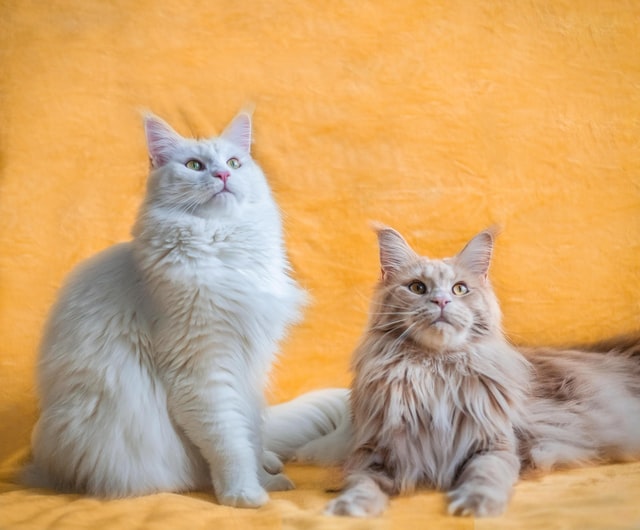
Many signs tell you that your cat could be dying. These indications could be any common illness like diabetes, cancer, or renal dysfunction. Since a veterinarian can only make this kind of diagnosis, one must look for bodily changes. Some of which are listed below:
Sudden Loss of Weight
It's a universal fact that as cats age, their bodies become slightly thin due to decreased muscle mass. In addition, as they age, their body's metabolism becomes slow, because of which they are unable to digest food properly—eventually causing them to lose weight. This condition is pretty typical in all senior cats.
The situation becomes alarming when the cat becomes emaciated to the point that the shape of its skeleton becomes visible through the skin. Such skeletal appearance is a common indication of cancer among cats. In addition to cancer, extreme weight loss could also occur in cats suffering from hyperthyroidism and chronic renal disease.
Being Out of Sight A lot
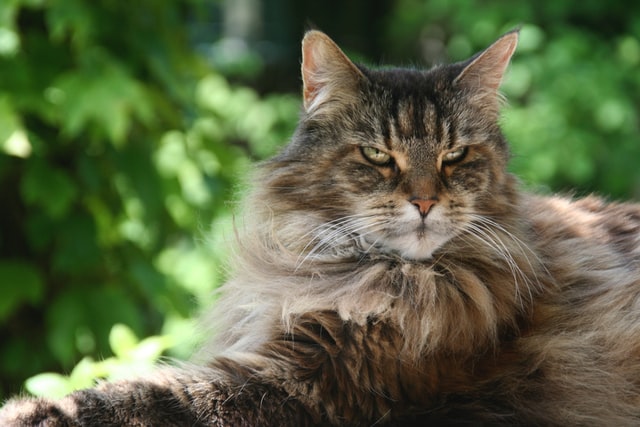
Cats are social animals, and hiding is considered to be one of their playful antics. However, extra hiding is not a good sign. If cats start to be out of sight excessively, it is an indication of them not feeling well. They usually look for new hiding spots to camouflage their presence. So one needs to take action and schedule an appointment with a vet immediately.
Loss of appetite
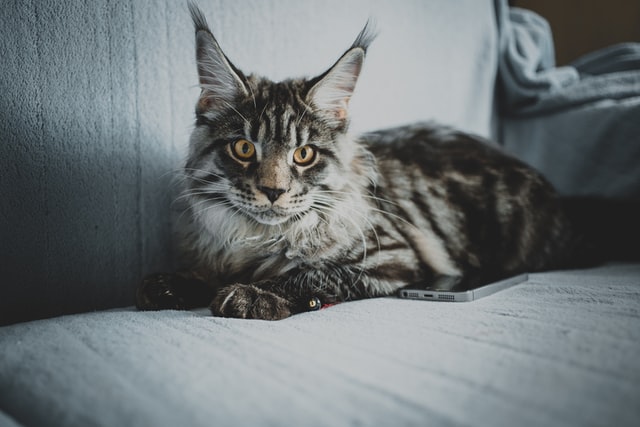
One standard behavioral change noticed in cats who are sick is a sudden loss of appetite. They feel reluctant to eat or drink anything. The condition may last even after a visit from the vet as certain medications alter the mouth's taste. Then, it either leads to excessive dehydration or diseases associated with the gut.
Lack of Energy
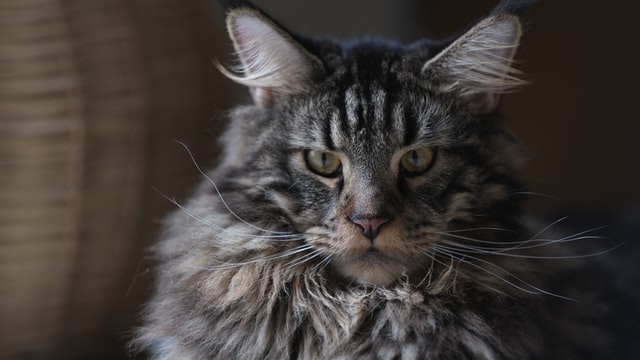
Decreased mobility and sleeping throughout the day indicate that your cat might be severely ill or dying. When cats come closer to their final days, they feel more lethargic and prefer to lie down all day. This lack of motivation to walk and jump around occurs mainly due to reduced muscle strength.
Emotional distress could be another reason behind excessive immobility and lethargy. Hence, we should maximize the level of preemptive care to keep them away from fracturing bones in this state of suffering.
Erratic Changes in Behavior

Cats are likely to exhibit strange behavior when nearing their last days. The change in attitude varies from cat to cat, mainly depending on the severity of the illness. For instance, some cats take on a reclusive lifestyle and like to reside in their newly found hidden spot.
They refrain from any interaction and become cranky when adored. At the same time, some cats become friendlier and yearn for human interaction during their final days.
How to Know When It's Time?

The feeling is different for different people. Some cat owners have a strong instinct for anything odd happening with their pet and that it might be on that "stage" of life. At the same time, some are unable to recognize the bizarre behavior. By the time they realize the situation has gotten a lot worse. So here is what you can do to keep track of your pet's health;
- Keep a regular check on your cats' moods. Having a bad day is quite normal, but if that sullen behavior lasts for a couple of days, you should take it seriously.
- Observe whether your cat likes doing the same activities that she always did or feels apprehensive about it.
- Talking to your pet and expressing out to them may sound absurd, but believe it or not, it works. Cats are notoriously known for hiding their illness or weakness. So by interacting with them, they would eventually open up to you. You may know when it's time for your cat to pass on.
How to Take Care Of Your Cat during the End Of Their Life?
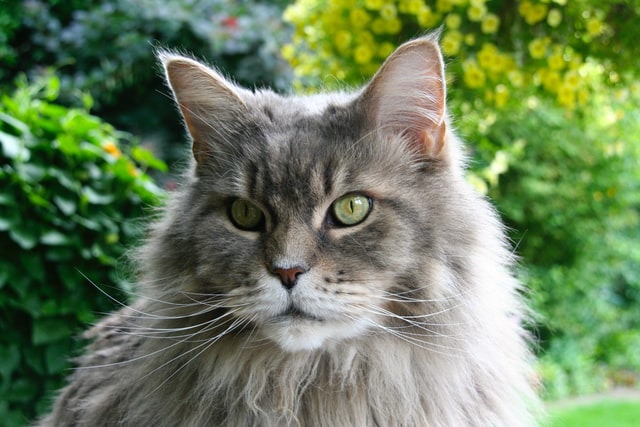
It's a heartbreaking moment when the veterinarian informs you that your pet has been diagnosed with a deadly incurable disease. In such painful events, your mind fogs up, making you incapable of reasoning. However, one has to make prudent decisions to mitigate the suffering your cat might be experiencing. Here is what you can do to ensure your cat spends the last days comfortably and free of pain.
- As most cats sleep a lot in their last days, make sure they have a nice, cozy bed. Try keeping them warm as much as possible. You can even take them out during the day and let them relax under the warm sunlight.
- Try to keep them as clean as possible. This way, you will help your cat feel fresh and boost their energy despite being in pain.
- Loss of appetite is a prominent sign indicating that a cat's state of well-being is not good. You can overcome this by offering them food with a strong odor that would help in increasing their hunger. Also, if they are resistant to drinking water, you should add water to their food so that they don't get dehydrated. Most cat owners use small-sized syringes or squeezable bottles to give their cats water.
- Make your cat's life easy in her final days by providing easy access to all the things of fundamental use. They have reduced muscle strength during their last days, which keeps them away from roaming around.
- Since your primary goal is to alleviate the symptoms, you can always ask your veterinarian to prescribe medications with minimum adverse effects.
- Try to cope with your cat's mood swings. When cats are on the verge of dying, they go through a roller coaster of emotions. There would be days when they would be extra friendly and want to be petted or cuddled. While some days, they would like to be left alone and would go in complete isolation. The only thing you can do in this stage is to be patient and spend time with them on their conditions.
- Euthanasia is the last resort left that would end your cat's suffering once and for all. The procedure is standard among veterinarians that are performed to intentionally end an animal's life to relieve pain when no treatment is possible. If your cat feels uncomfortable in the presence of strangers, you can always go for an at-home service. Making a house call sounds more appropriate than taking your pet to the vet, which would make them more anxious.
Euthanasia may sound like a cruel practice, but a quick death sounds great than a slow, painful one. In this procedure, you intentionally put your cat to sleep after giving a dose of a sedative named pentobarbital. The drug slowly comes into action by first inducing sedation followed by a peaceful death.
How To Recover From The Loss OF Your Cat?
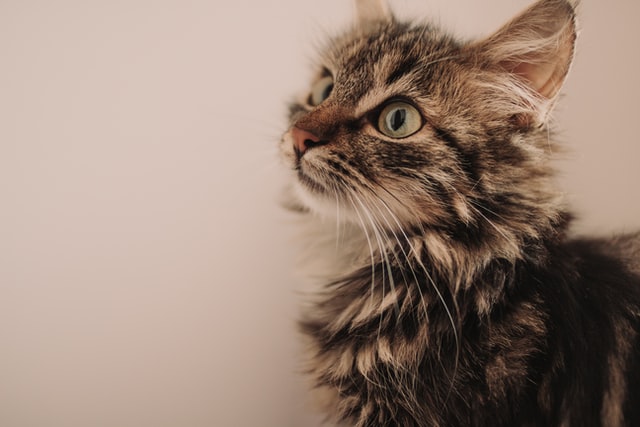
Once cats pass away, they could be either buried or cremated. It's up to you what options you want to go for; however, veterinarians usually help people make such decisions. It is excruciatingly hard to lead an everyday life after the demise of your beloved pet. To overcome this feeling, you can always take a day off and cherish all the memories you have made with them.
Looking through their pictures and videos will surely make you feel better. Many active pet loss support groups are working for this reason. Such groups have counselors to help you recover from your loss and motivate you to return to normalcy.




